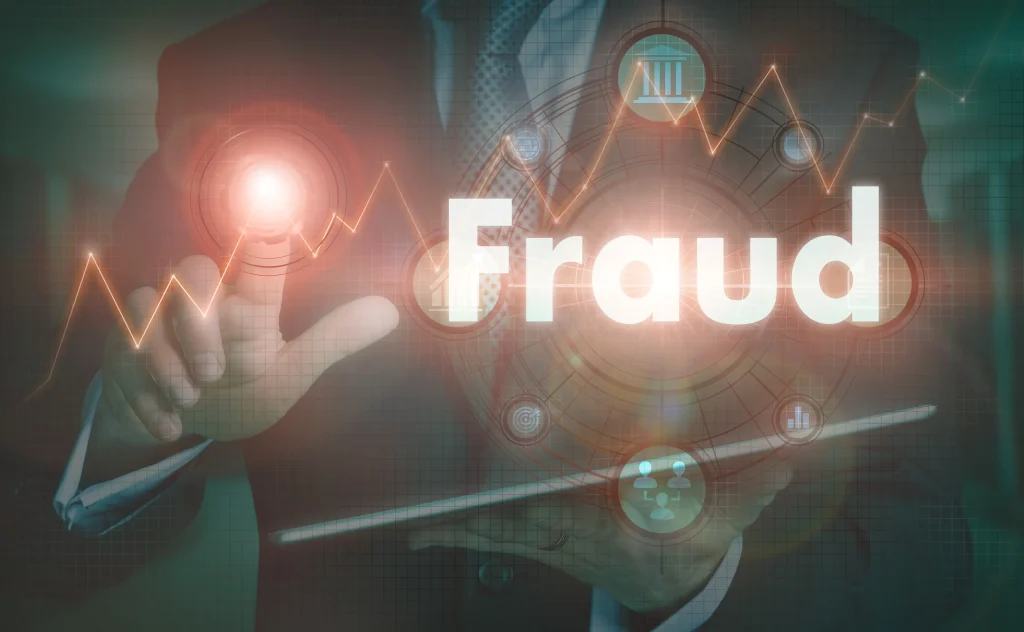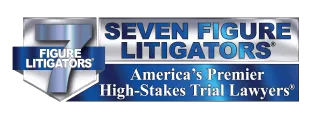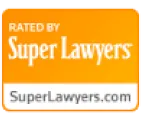 Consumer fraud is more common than people believe. Every year, thousands of people across the country become victims of different forms of fraud.In 2019, the residents of Wyoming lost approximately $2.3 million to consumer fraud. The most common complaintswere for imposter scams and sweepstakes.
Consumer fraud is more common than people believe. Every year, thousands of people across the country become victims of different forms of fraud.In 2019, the residents of Wyoming lost approximately $2.3 million to consumer fraud. The most common complaintswere for imposter scams and sweepstakes.
There are multiple reasons why someone would become a victim of malicious business practices. Fraudulent schemes are always adapting to be more convincing. It is important to learn more about the types of consumer fraud to avoid them. A consumer fraud lawyer can help you find justice if you have suffered from fraud. Here at the Ochs Law Firm, we are ready to fight on your behalf.
What Is Consumer Fraud in Wyoming and Idaho?
Consumer fraud is an illicit business activity that uses deceit. It is usually perpetrated against a single consumer or a group of consumers. A victim believes they are engaging in a legal business transaction. As a result, they experience a financial loss or even physical harm.
Fraud can take a variety of forms, such as marketing counterfeit products and the misrepresentation of a property. It is critical to be aware of the different types of scams.
Types of Consumer Fraud
 False Advertising
False Advertising
One of the common types of consumer fraud to look out for is false or misleading advertisements. False advertising is when a person or company makes a claim that is untruthful or misleading. Some products may use misleading terms or claim that there are certain benefits. A business trying to sell a product or service relies on your trust in the information they give.
There are laws that prohibit companies from making false claims. However, some will do so regardless. Others may use specific wording to describe their product or service to avoid getting caught.
It is necessary to look for information about a business and view any customer reviews.
Advanced Fee Fraud
An upfront fee fraud, or advanced fee fraud, is a scam that promises to send you money, products, or services in exchange for paying a fee first. Some scams will ask you to participate in a special deal. There are cases where a person gets asked to sign a contract in which they agree to pay the fee.
The fees can come in the form of a membership fee, handling fee, administrative fee, or taxes. Some advanced fee frauds may work to steal your identity. Often, the perpetrator will present themselves as a legitimate business. They may have an official-looking website or state they are part of an already established agency.
Cashier’s Check Fraud
Another form of consumer fraud is cashier’s check fraud. Cashier’s checks often are safe and guarantee funds when they are legitimate. How the scam works is that the perpetrator wants to buy an item. They will send you a fake cashier’s check with an amount that is higher than the original price.
Any time you make a deposit, banks are required to have the funds available even if the check has not cleared yet. If the check does not clear, then banks will reverse the deposit and take out the funds. During this time, scammers will ask the victim to wire the excess funds back to the buyer or a third party.
Once the fraudulent check fails to clear, the victim will have lost money.
Debt Collection Fraud
 Debt collection fraud is when you receive a phone call from someone claiming to be a debt collector. They will tell you that you have an unpaid loan or credit card debt. While there are times when a valid debt collector contacts the wrong person, it is usually a scammer.
Debt collection fraud is when you receive a phone call from someone claiming to be a debt collector. They will tell you that you have an unpaid loan or credit card debt. While there are times when a valid debt collector contacts the wrong person, it is usually a scammer.
The perpetrators will create a fake debt and make a victim believe it is real. They may use intimidation tactics like the threat of arrest. Victims get pressured to pay through money transfers or prepaid cards. As a result, people can lose hundreds or thousands of dollars.
The threat of legal action is a significant red flag that the caller is not legitimate. A real debt collector must provide you with the name of the creditor and the amount owed. If they refuse to provide information, then it is likely a scam.
Protection Against Consumer Fraud
On a federal level, the Federal Trade Commission works to stop fraudulent business practices. Its Bureau of Consumer Protection collects reports from people and investigates companies. They educate consumers as well.
In Wyoming, the Consumer Protection Act forbids businesses from using deceptive tactics to take advantage of consumers. If a company is suspected of violating the Act, then the Attorney General can investigate and sue in the State’s name.
The Consumer Protection Unit enforces the Act and looks into complaints to protect citizens from harmful practices. There is a claims process for you to register a complaint.
Contact us for a Consumer Fraud Lawyer in our Wyoming or Idaho Offices
In some cases, contact from a consumer fraud lawyer can get a company to adhere to moral standards. If the business does not compensate the consumer, then the lawyer can hold them legally accountable. Our team at the Ochs Law Firm helps all of our clients who are victims of consumer fraud.
Our consumer fraud lawyers in Wyoming to California will listen to your case and conduct thorough research. We will devise a strategy for the litigation and provide you with helpful advice about all the possible outcomes. The Ochs Law Firm is happy to stand by your side through the entire process. We have a few locations throughout Wyoming and beyond, including Jasper, Casper, and Cody, Wyoming.
If you are a victim of consumer fraud and are seeking compensation, contact us today.





